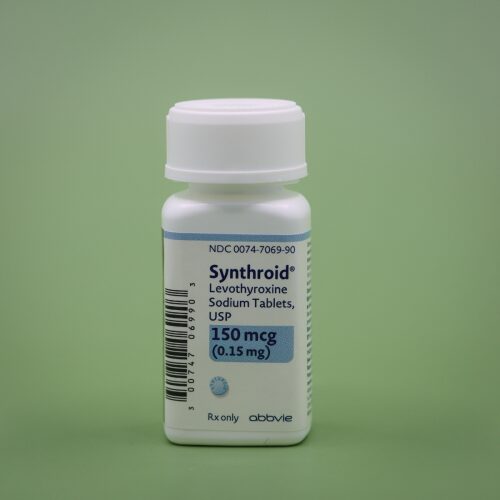Synthro is is a compound used in the treatment of hypothyroidism. Its major function in the body is to aid in the metabolism of fat into protein. In bodybuilding circles Synthroid is used before contests to give the user an extra lean look. It also has the added bonus of giving users some extra energy from the calories burned in the fat.
Synthroid has been found to work especially well with HGH and has seen a bit of resurgence in popularity as HGH becomes more widely used in bodybuilding and athletic circles.
Synthroid (Levothyroxine): A Comprehensive Overview
Synthroid, the brand name for levothyroxine, is a synthetic thyroid hormone widely prescribed to treat hypothyroidism. It replaces or supplements thyroxine (T4), a hormone naturally produced by the thyroid gland, which regulates metabolism, energy levels, and overall cellular function.
Hypothyroidism, characterized by symptoms such as fatigue, weight gain, hair thinning, and cold sensitivity, occurs when the thyroid gland fails to produce adequate hormones. Synthroid helps restore normal hormonal levels, alleviating these symptoms and improving overall quality of life.
Synthroid is taken orally, usually as a daily tablet, with dosages tailored to individual needs based on age, weight, and severity of the thyroid condition. Regular blood tests are required to monitor thyroid hormone levels and adjust dosages accordingly.
While generally well-tolerated, Synthroid can cause side effects if improperly dosed, such as palpitations, anxiety, or insomnia from excessive hormone levels, or persistent hypothyroid symptoms if underdosed. Patients should take Synthroid consistently on an empty stomach to optimize absorption.
Synthroid is also sometimes used in thyroid cancer management or to suppress thyroid-stimulating hormone (TSH) in certain conditions. As one of the most commonly prescribed medications, it plays a critical role in managing thyroid-related health issues.








